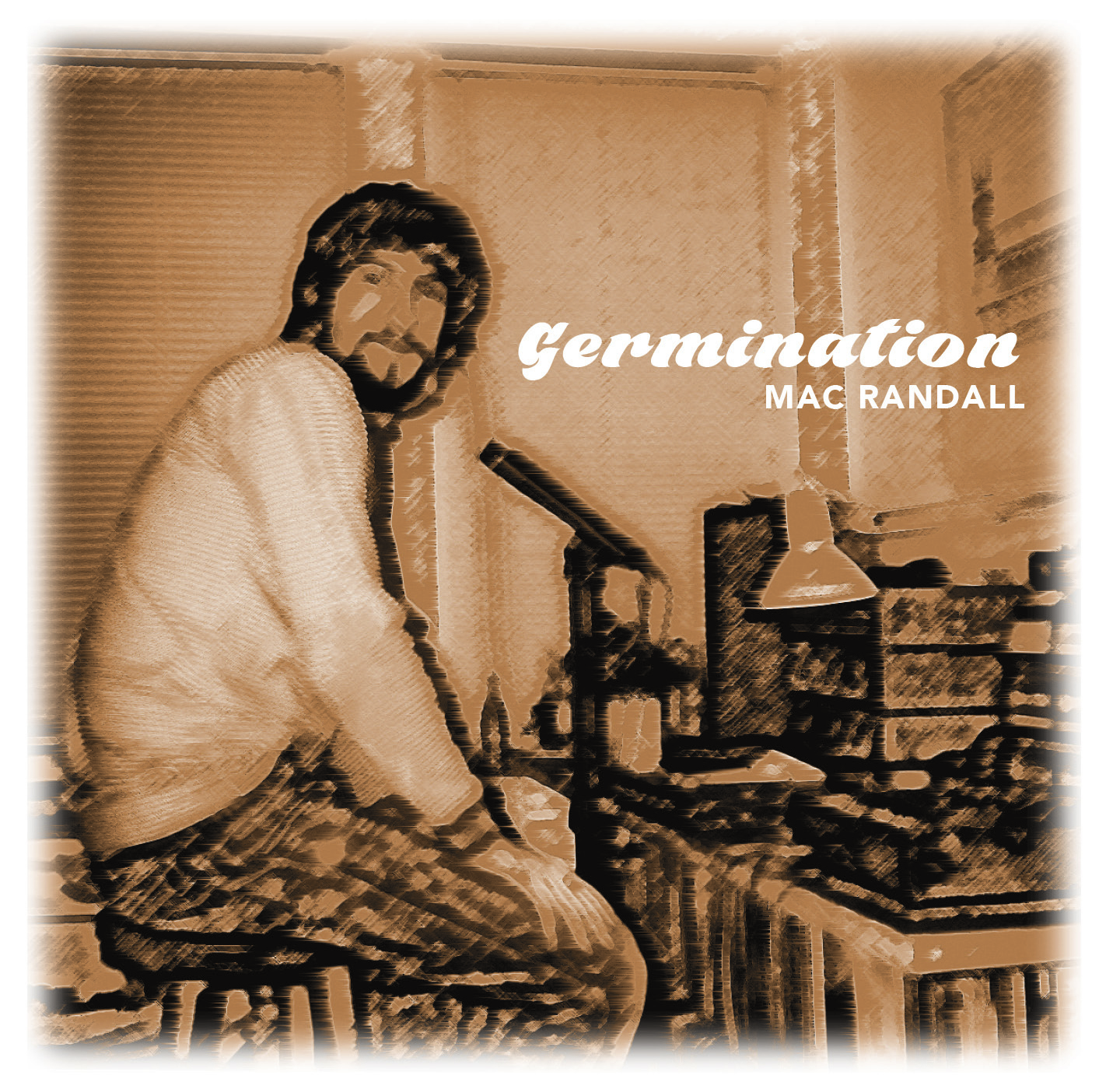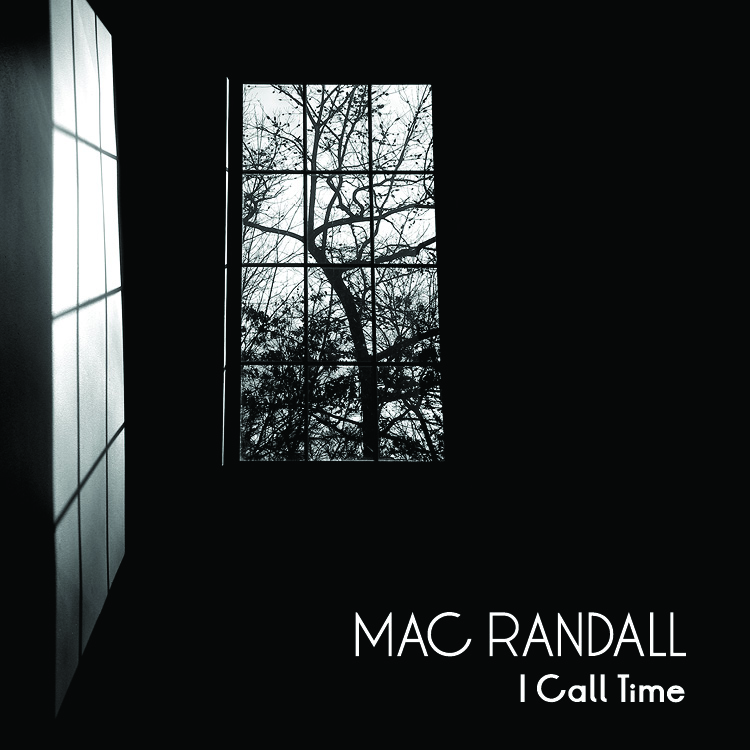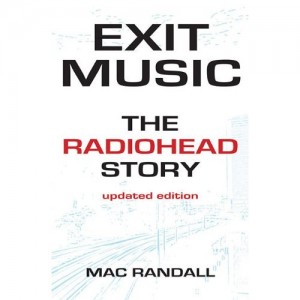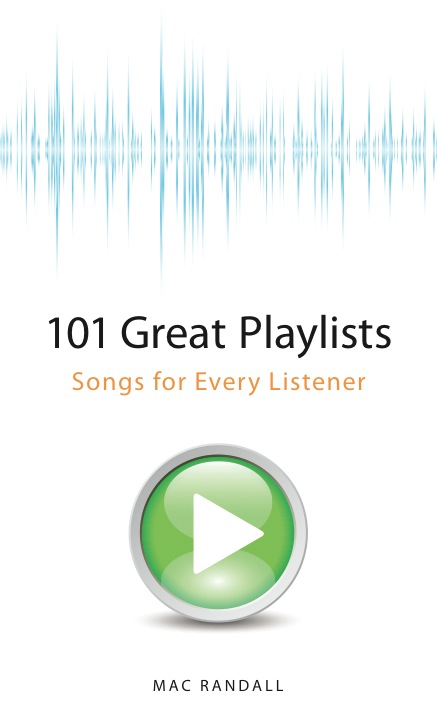Entering Pepperland
The memory never fades. There I am, standing off to the side of a crowded living room in a crowded house overlooking Buttonwood Park in New Bedford, Massachusetts, a bulky set of headphones over my ears. It is the evening of December 25, 1980, and my family has reached the final stop of its annual Christmas peregrination: the home of my parents’ friends Jean and Arthur Bennett. A holiday party is well under way, and besides the Bennetts themselves and their five children, various friends and relations roam through the house, eating, drinking, laughing. But my attention is focused solely on the present I received shortly after walking in the door—a record with a colorful cover so fascinating that I feel the urge to listen to it immediately. I walk into the living room, take the shrinkwrap off the record, and put it on the Bennetts’ turntable. It quickly becomes clear that I won’t be able to hear the music over all the talking unless I crank the speakers up to an unreasonable volume, so I choose instead to grab the nearest pair of headphones. Nobody stops me or complains that my behavior is antisocial; they’re all too busy enjoying themselves.
Duly plugged in, I look across the room at the lights of the Christmas tree, and at their reflection in the window nearby, a chain of multicolored stars that seem to hover above the playing field across the street. I am eight years old. I am listening to the Beatles’ Sgt. Pepper’s Lonely Hearts Club Band for the first time. And even though I’m standing in a house full of people, I have entered a new world entirely on my own.
Up until that Christmas evening, my musical inclinations were mostly classical. Old symphonic warhorses like Beethoven’s Seventh, Mozart’s Fortieth, and Schubert’s Unfinished were high on my playlist. I spent hours pretending to be “the Mad Organist” as I mimed to Vladimir Horowitz’s rendition of a particularly dramatic Scriabin etude, or mock-conducting Dukas’ The Sorcerer’s Apprentice. These experiences came courtesy of my father’s record collection, but funnily enough, when he tried to introduce me to pop music, I resisted. Maybe I’d already begun to take on the teenager’s mistrust of anything one’s parents might recommend. Or maybe I just wasn’t ready. Only a couple of weeks before our visit to the Bennetts, I’d woken up to find my mother crying as she read the newspaper. John Lennon had been shot and killed the previous night. I got the impression that this was a big deal, but I had no idea why.
I wasn’t sure which one was John on the album cover. I didn’t really recognize any of the four mustachioed men in the shiny silk band uniforms. I guessed that the one in the blue suit was singing “Lucy in the Sky with Diamonds” and the one in the gold suit sang “Fixing a Hole.” Completely wrong, as it turned out, but I was just trying to match the voices to the faces in a way that made sense to me. I loved every note of the record instantly—it was pure magic—but I now know that the songs I loved the most that first time around were (mostly) John’s: “Lucy in the Sky,” “Mr. Kite,” “Good Morning,” “A Day in the Life.” Listening to them, I could almost have sworn that the reflections of the Christmas lights in the window were beginning to spin around, a kaleidoscope to match the whirl of words and sounds. George’s “Within You Without You” also entranced me, especially the East-meets-West part in the middle, where the sitar and the orchestra trade licks. I hadn’t a clue what a sitar was, but the majesty of the music needed no explanation.
So much of what has happened in my life can be traced back to that evening in 1980. It set me on a course that I’m still following. To a large extent, it determined the jobs I’d take and the friends I’d make. But what interests me most about it now is that it was not a shared experience. No one was listening but me. The more I think about it, the more I realize that despite all the fun I’ve had over the years playing music with and for people, and all the joy I’ve felt as part of a concert crowd, many of the most intense musical associations I have are private. The moments I treasure above all others are the ones in which I communed with the audio and video ghosts of countless musicians as the sole corporeal entity in the room—or with myself, through the miracle of multitrack recording. What does this say about music? What does it say about me as a listener and participant?
More to come.







>What does this say about music? What does it say about me as a listener and participant?<
Lately I've been noticing that the iconic pop (and, for me, jazz) recordings of my youth were marketed and promoted items. There, in the room with me while I listened to The Beatles (or Bobby Timmons, or Ahmad Jamal), were the record executives and store managers who put albums in plain view, a group of middlemen.
What would music be like without commercialization? Without the record industry?
These "wow" headphone moments would have been harder to experience without them, and they may have also denied access to artists who could have changed music.
An excellent point, John. On at least one level, we’re kidding ourselves that we ever have a “private” experience with commercially distributed music. The many enablers of that experience have fingerprints all over the product. We’re just not always hip to their existence—at least not when we’re young.